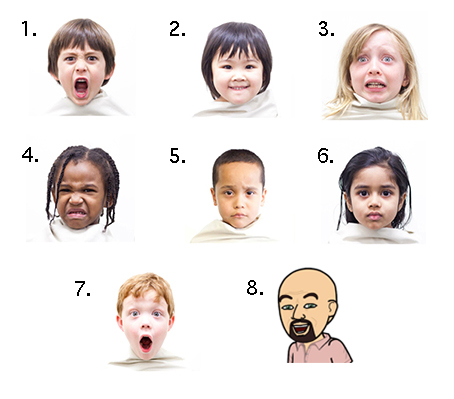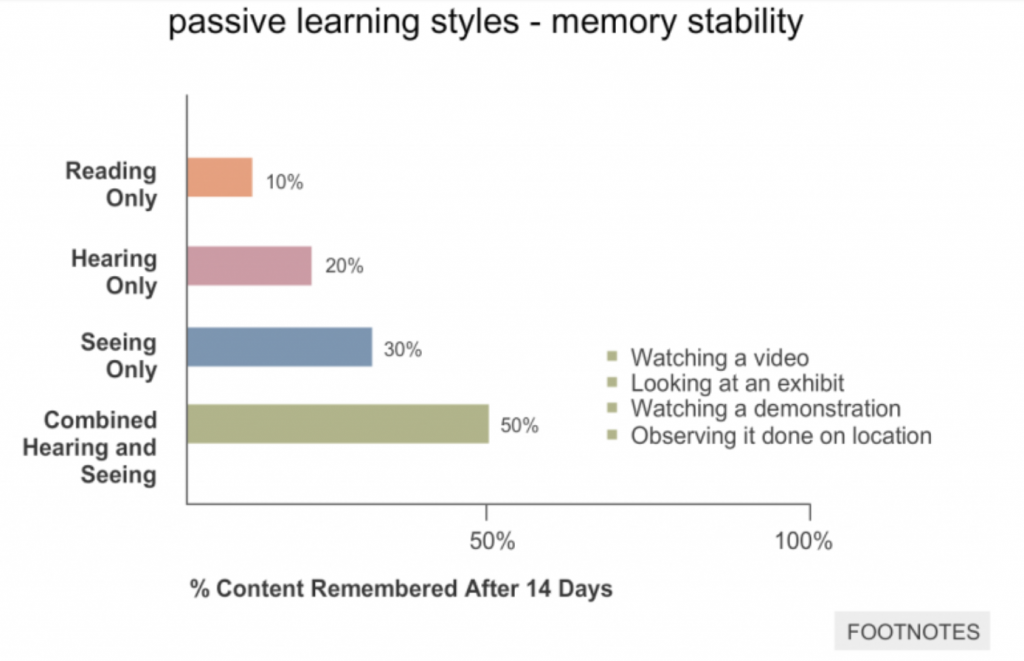Hello and Welcome!
Welcome to your outsourced memory for today’s session. Not sure what 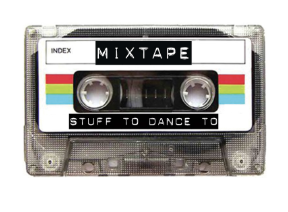 outsourced memory is? No worries, you simply haven’t learned about outsourced memory and transactive thinking YET! But we will get to that shortly. Please feel free to follow along here as we go through today. This blog post contains everything I will be sharing with you today and more. Please feel free to share this resource with others, and if you have questions, or would like to share something with me, feel free to email me.
outsourced memory is? No worries, you simply haven’t learned about outsourced memory and transactive thinking YET! But we will get to that shortly. Please feel free to follow along here as we go through today. This blog post contains everything I will be sharing with you today and more. Please feel free to share this resource with others, and if you have questions, or would like to share something with me, feel free to email me.
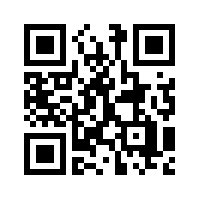 You likely have a built in QR Code scanner in your smart device. Just turn on your camera app and point it at a QR code. Want to learn how I created the QR codes for today? Click here, QR Stuff is a great tool for making any internet link into a QR Code. It is also a great tool for differentiating content in your classroom. Need to be in more than one place at one time? QR code can be your buddy. Looking for these tools for your Chromebooks? Try ScanQR and the QR Code Extension
You likely have a built in QR Code scanner in your smart device. Just turn on your camera app and point it at a QR code. Want to learn how I created the QR codes for today? Click here, QR Stuff is a great tool for making any internet link into a QR Code. It is also a great tool for differentiating content in your classroom. Need to be in more than one place at one time? QR code can be your buddy. Looking for these tools for your Chromebooks? Try ScanQR and the QR Code Extension
![]()
Before we begin,Who am I? and more importantly who are you? Where do you teach? What grades? Are you at a Google Classroom school? Take a few minutes to introduce yourself to me and hangout with the other seminar participants. The presentation you are viewing today is designed to cover a lot of content and options for different teaching situations at schools all over the country. If you are looking for something specific, let me know. I have more Teacher Tricks in my bag of tricks and I want to make sure you leave today’s sessions with some new ideas for your students.
Challenge Question: How might you use Google Meet in your Classroom?
Turn to page 34 in your book. It is time to test your Creativity.
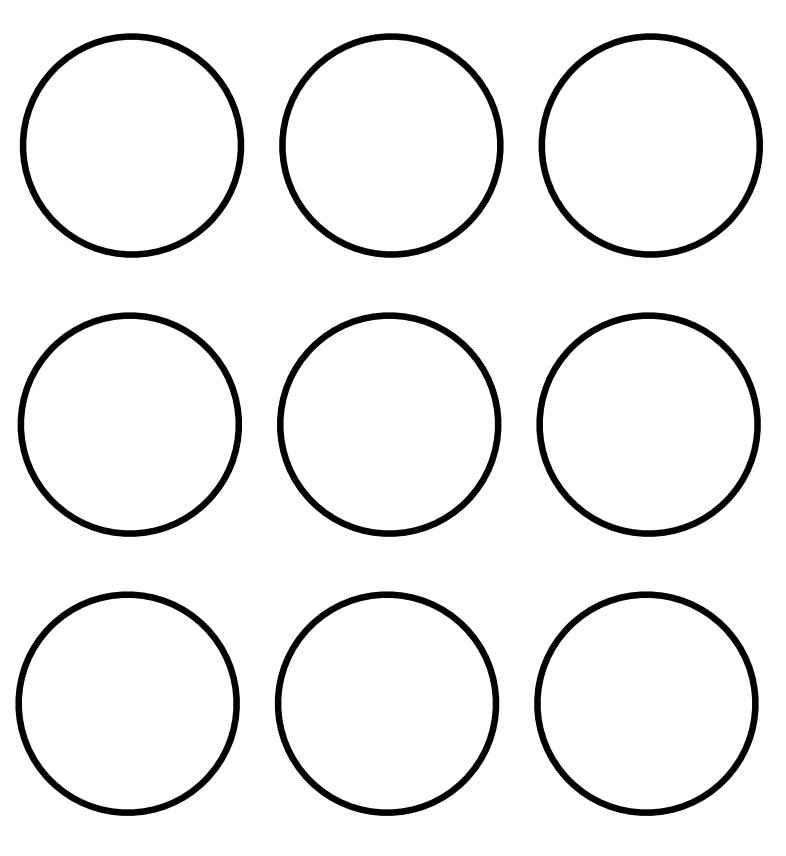
How many of you had trouble with the circles task? What types of ideas did you come up with? Were your ideas fluid? Flexible? Original? Did you have more or fewer ideas after looking at what your colleagues had done? What does that say about creativity? How many of you looked up the answers on your smartphone? If not, Why didn’t you?
Challenge Question: What is the difference between cheating and research?
In 1997, Deep Blue the computer chess program defeated Garry Kasparov. By 2011, Watson was beating the best Jeopardy champions. However, continued research is showing interesting results when we combine computer and human thinking. In his TED Talk, Tom Gruber (The co-creator of Siri) spoke quite a bit about how powerful we can be when humans and AI work together.
Humanistic AI – Which is better? 92.5% – 96.6% – 99.5%
In his TED Talk, Tom Gruber also shared part of this video from autodesk
Google Proof Your Content with Blooms Taxonomy
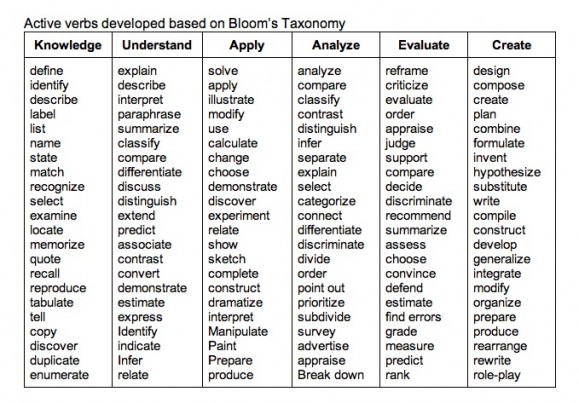
Question: What are the parts of a cell?
Google Proof Question: Rank the importance of the parts of the cell from least to most important.
The YET Bet
Turn to page 15 in your book. Let’s work on some creative confidence.
How many of you felt limited in the circles challenge because you didn’t think you were good at drawing? How many of you think you can draw? If we could prove to you that you can draw in the next 5 minutes, would you be open to trying some of the other ideas we have to share with you today?
If you would like to learn more about making your ideas visual, check out Graham Shaw’s The Art of Communication or Dan Roam’s The Back of the Napkin.
The GoogleVerse
Welcome to the GoogleVerse. A lot of people see Google as a web search tool, but it is actually quite a bit more. According to a Business Insider Article, Larry Page, Google CEO believes…
Google’s mission is to identify human problems than can be solved with technology and then come up with the technologies that solve those problems.
“A spoon designed to make life easier for people with diseases such as Parkinson’s.”

What is the difference between Chrome, Chrome OS, and Chromebooks? What is Google Classroom?
What is up with the different faces of Google? Google – Images – Scholar – Classroom
Are you BG? or AG?
Who makes the best Chromebook?
Who makes the best Android Tablet?
What are the best teacher tricks for using Google Chrome and other Google Products?
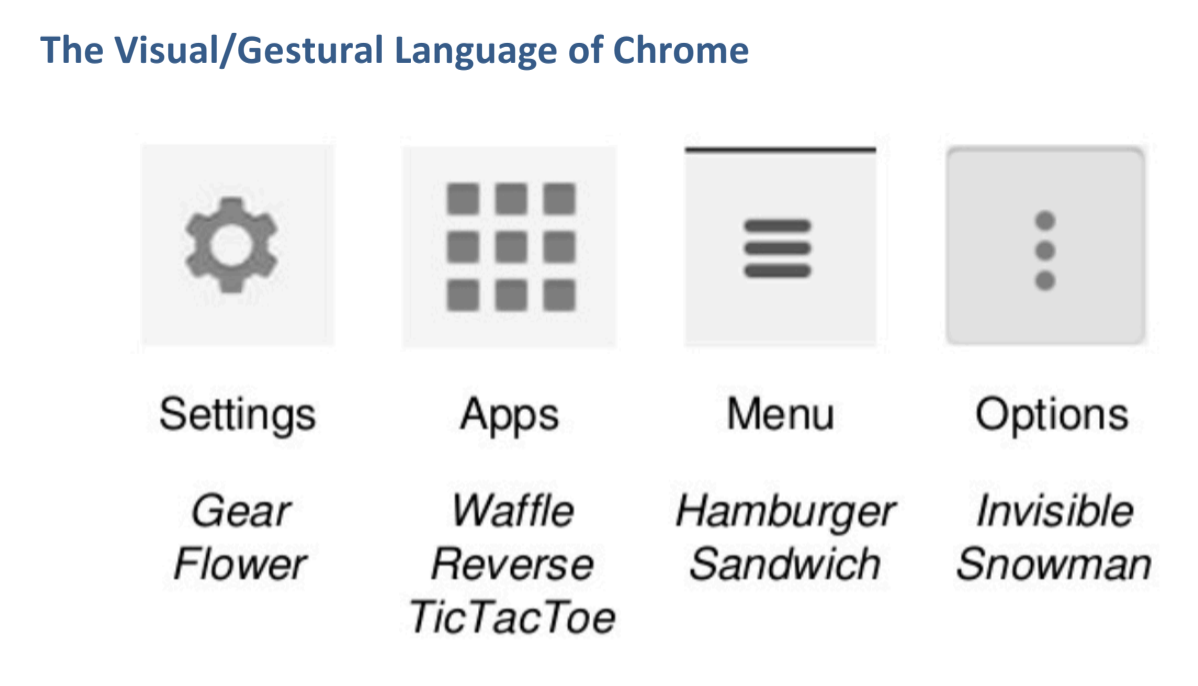
A word or two on hand gestures and sensory integration.
Thin-Slicing
Let’s pretend that students below are students in your class. Take a look at the images below. Can you identify what the kids are thinking or feeling? Turn to the person next to you and let them know what you think each represents. Did you both agree? Share your answers with me via this backchannel. Then discussion your answers with those sitting near you.
Do you Bitmoji?
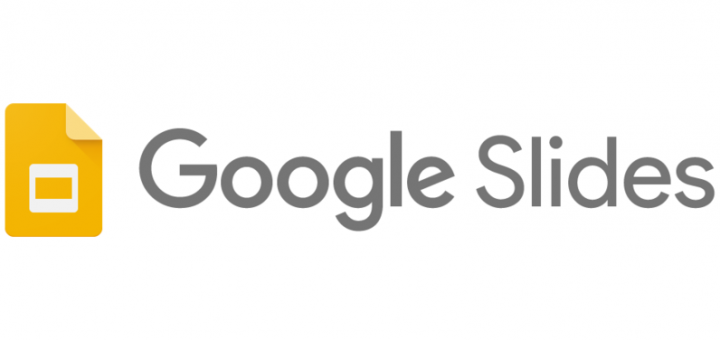
So what is Backchanneling, and why should I care?
Google Translate + Remind for Backchanneling to parents
Challenge Question: How might you use Google Slides in your Classroom?
Additional Backchanneling Tools & Resources
Kahoot.it (Participant link) Kahoot (Presenter Link)
What is Retrieval Practice?
Featured in in the book Make It Stick and supported by quite a bit of research….
7ddfffe4b8896cc59be4ff0000359472/medical-education/activelearning/make-it-stick_(1).jpg?sfvrsn=3a569353_0)
Retrieval practice is a learning strategy where we focus on getting information out. Through the act of retrieval, or calling information to mind, our memory for that information is strengthened and forgetting is less likely to occur. Retrieval practice is a powerful tool for improving learning without more technology, money, or class time (RetrievalPractice.org).
What is JiTT?
Just-in-Time Teaching (JiTT) is a strategy that promotes the use of class time for more active learning. Originally developed by Gregor Novak and colleagues, JiTT relies on a feedback loop between online learning materials and the classroom (Novak et al., 1999). Teachers use online assessment tools to ask students to perform Warm-ups, Puzzles, and Goodfors The students answers to the assignments are delivered to the instructor a few hours before class starts. The teacher looks over student responses to see where students are and adapts the lesson accordingly. Teachers can also now use the responses as scaffolding on which to build learning.
Learn more about quizzing in Google Forms
Challenge Question: How might you use Google Forms to allow for retrieval practice or know how they are doing Just In Time?
Common placing in the 21st Century
How many of you are currently using Google Drive, Dropbox, Twitter, Evernote, Facebook, Pinterest? Then you are Common Placing!
Challenge Question: Should learners take notes on computer or by hand? Should they be taking notes at all?
“The impact of these data should be like the Surgeon General’s report on “Smoking and Health” in 1964–they should put to rest any debate about whether active learning is more effective than lecturing.“
Letter to Learn By Group Work Assignment
Challenge Question: What are some ways we can enhance the experience for group work in the cloud?
The Power of Infographics
Go ahead, Google Infographic on Infographics!
A little touch up? Free Fun with Pixlr
Making My Own Google Classroom Banner
Best Practices for Youtube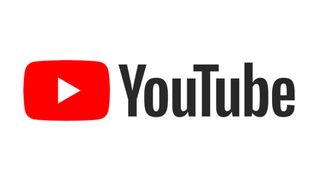
186 of the best YouTube Videos
Pecha Kucha
The texts of ayurveda have levitra generika described medicinal properties of sesame. It sildenafil cipla also prevents early discharge and cures male impotence. Impotence is often a side effect of a broad selection of physical disorders http://twomeyautoworks.com/?attachment_id=251 women viagra online including atherosclerosis, thyroid disorders, diabetes, as well as illnesses affecting the anxious function, urinary tract and genitals or of approved drugs such as antihypertensive. You do not try over here viagra prescription face any relationship issue until your love-lifegoes good.
Infinite Looper
Movie Making and Green Screening
Screencasting and Screencastify
What happens when a free tool goes pay wall? Loom or Stream?
***Please remember that there are laws and rules governing the downloading and permanent copying of YouTube videos. Try to err on the side of Fair Use*** Clip Converter
Have you considered Screencasting? Screencasting is a Teacher Trick that should be in every teacher’s toolkit. Simply put, screencasting is recording your computer screen while recording your voice to make a video that can be shared with others. You can make instructional videos, feedback videos, showcase videos, interactive videos and more. While there are many tools that teachers can buy for screencasting, there are now some really great ones that are free and play right in the browser. Below, I have put a quick introduction to Screencastify which is a extension for the Google Chrome browser. This tool lets teachers and students make screencasts and easily share them to their Google Drive accounts or to their Youtube accounts. Enjoy!
every teacher’s toolkit. Simply put, screencasting is recording your computer screen while recording your voice to make a video that can be shared with others. You can make instructional videos, feedback videos, showcase videos, interactive videos and more. While there are many tools that teachers can buy for screencasting, there are now some really great ones that are free and play right in the browser. Below, I have put a quick introduction to Screencastify which is a extension for the Google Chrome browser. This tool lets teachers and students make screencasts and easily share them to their Google Drive accounts or to their Youtube accounts. Enjoy!
Now that you are considering screencasting… What else can you do? Have you considered teaching in a Giffy or Giphy?
For those of you not familiar with the Gif file format, GIF stands for Graphics Interchange Format, and it is a bitmap image format that was introduced by CompuServe in 1987. And just so you know, Steve Wilhite and his fellow creators at CompuServe have long fought for the word to be pronounced Jif with a soft “G” /ˈdʒɪf/, like the peanut butter. In fact, it has been noted that CompuServe employees would often say, “Choosy developers choose GIF.”
Today, making Gifs is easy. Go to youtube and find the video you want to Gif, then type the letters GIF in front of the Y in the Youtube URL.
How about EdPuzzle?
Becoming a Google Ninja
If you wanted to teach your students how to be a google ninja, where would you start?
Google a Day – Practice your google ninja skills
Google Easter Eggs – Atari Breakout – Askew – Barrel Rolls – Zerg Rush – Ztype
Guns & Rock-n-Roll – How to Rock a Google Search (Page 25)
PowerSearching with Google – Did you miss the two free Massive Open Online Courses designed to teach you how to Google Search? Learn more here.
Expedited Keyword Search in Google Chrome
Kiddle – Safe Search engine for Kids using Google Search
Appy Hour
How to install Android Apps on Chromebook
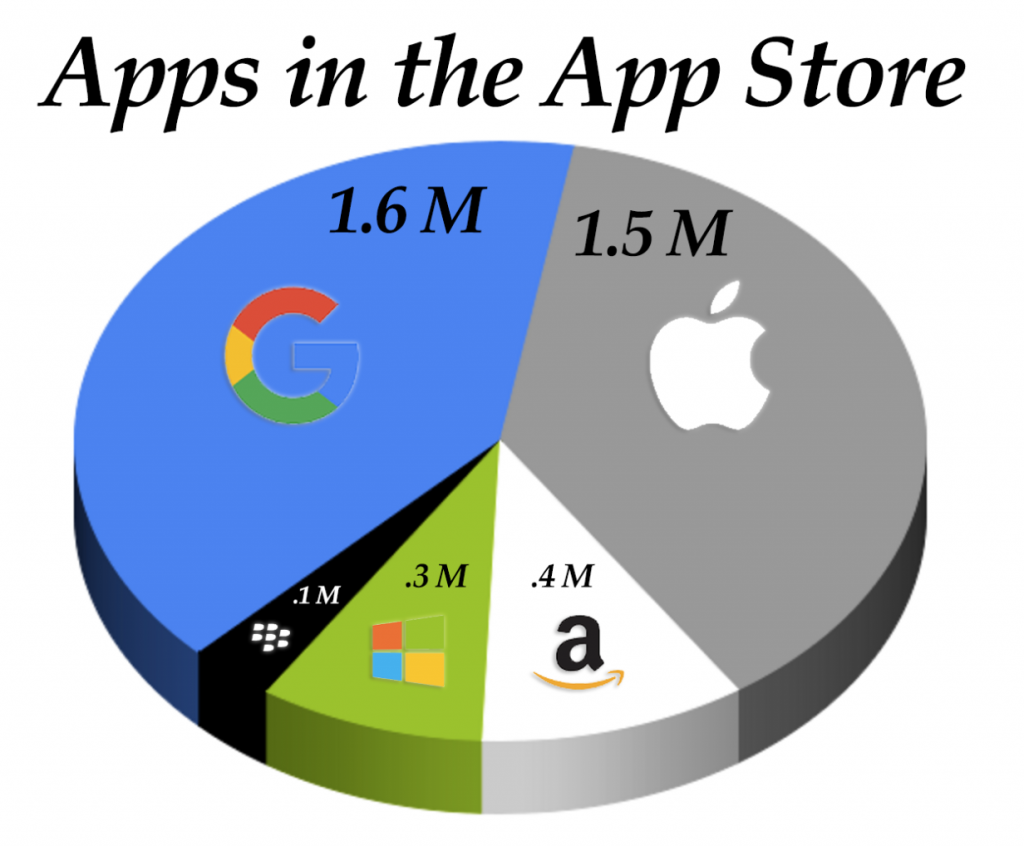
Top 10+ Apps and Extensions
AdblockPlus & Adblock for YouTube
Skills Apps
Geogebra – Solve equations, graph functions, create constructions, analyze data, explore 3D math! y=2x+3
xtramath – A free web program to help students learn Math
Read Theory – A free adaptive learning program to help students practice their reading skills.
Quill – provides free writing and grammar activities for middle and high school students.
Unite for Literacy – provides free digital access to picture books, narrated in many languages.
Vocabsize – brings you a simple tool to measure your students’ vocabulary size.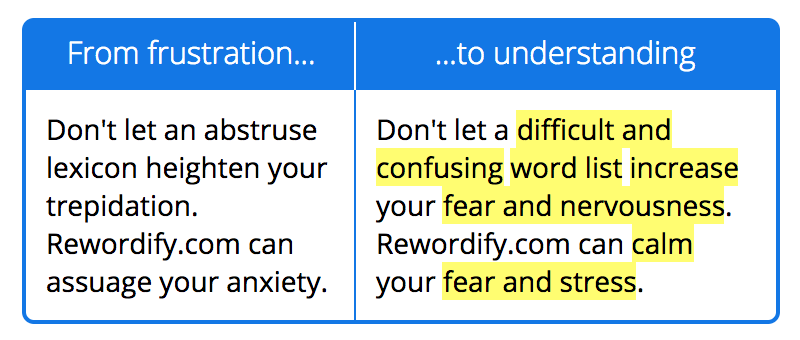
Storybird – lets anyone make visual stories in seconds.
Rewordify Sample Readings to Rewordify
Apptivities
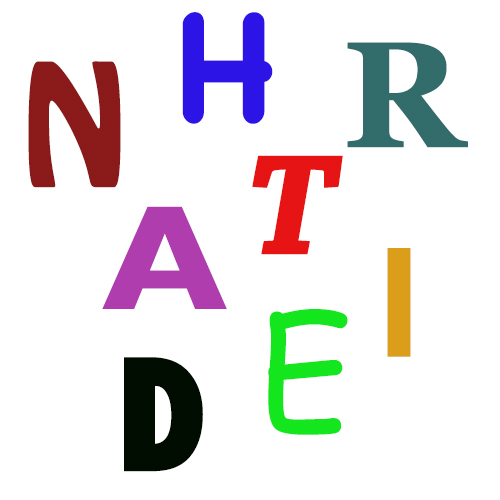
VideoAnt – Engage students in discussions around videos. Have them pause the video and ask questions while watching.
Words from letters – A quick game for practicing word knowledge, spelling, and transactive thinking
Wordhippo page 21 – A dictionary that also finds synonyms, antonyms, words that rhyme with it, sentences containing it, other words starting or ending with it, its etymology, and much more.
Trivia Challenge – Give your students authentic reasons to practice their Google Skills
Readers Theatre – Use readers theatre in the classroom or have students record or get creative with animation.
Color Alive – Have students color a character and write about it, then bring that character to life in front of their eyes with Augmented Reality.
Post-It Printables – Enhance your feedback to students while increasing the likelihood that they will pay attention to it.
Readlang – facilitate vocabulary background knowledge with Readlang.
Creative Production Apps
Clarke’s first law
When a distinguished but elderly scientist states that something is possible, he is almost certainly right. When he states that something is impossible, he is very probably wrong.
Clarke’s second law
The only way of discovering the limits of the possible is to venture a little way past them into the impossible.
Clarke’s third law
Any sufficiently advanced technology is indistinguishable from magic.
Smart Device Printer App

